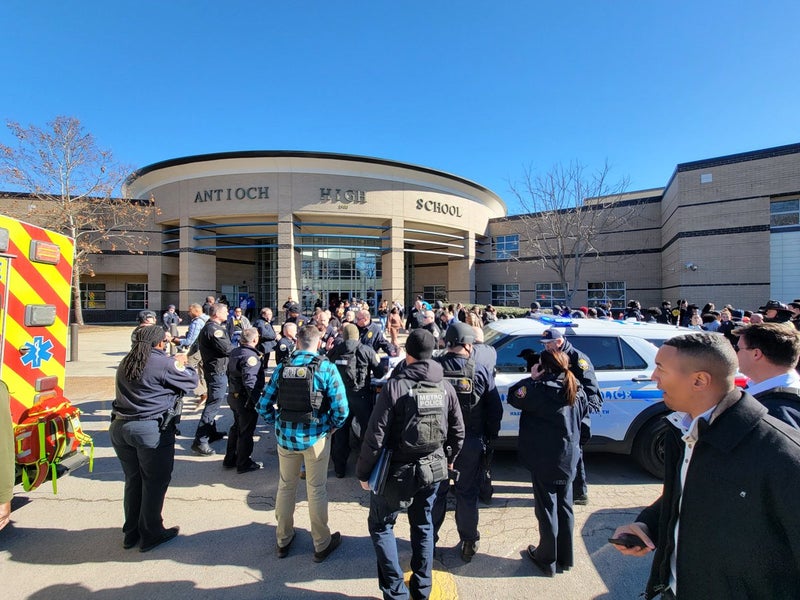Rise in diagnoses is prompting more US adults to ask: 'Do I have ADHD?'
Rise in diagnoses is prompting more US adults to ask: 'Do I have ADHD?'
Share:
Allison Burk's teenage daughter struggled with uncontrolled emotions, a shrinking attention span and a growing tendency to procrastinate. A family doctor suggested ADHD testing, which led to an unexpected discovery: The teen had ADHD, and Burk did too.
During her daughter's evaluation, Burk thought, "Wait a minute. This sounds familiar," she recalled. “I was able to piece together that this might be something I was experiencing,” said Burk, of Columbus, Ohio. She subsequently underwent her own testing and was diagnosed with ADHD — at age 42.
More adults are being diagnosed with attention-deficit/hyperactivity disorder. Diagnoses have been rising for decades but seem to have accelerated in the last few years. A recent study suggested that more than 15 million U.S. adults — roughly 1 in 17 — have been diagnosed with ADHD. The condition always starts in childhood, but about half of adults with it are diagnosed when they are 18 or older.
Some doctors say the number of people coming in for evaluation is skyrocketing. “Just in our clinic, requests for assessments have doubled in the last two years,” said Justin Barterian, a psychologist based at Ohio State University. Here's a look at the phenomenon, and how to know if you might have the condition.
ADHD symptoms in adults. ADHD makes it hard for people to pay attention and control impulsive behaviors. It can be inherited, and is often treated with drugs, behavioral therapy, or both. “It's like there's an engine in you and you feel like it's always running, and you can't turn it off except with medication,” said Judy Sandler, a 62-year-old Maine woman who was diagnosed in her 50s.






















